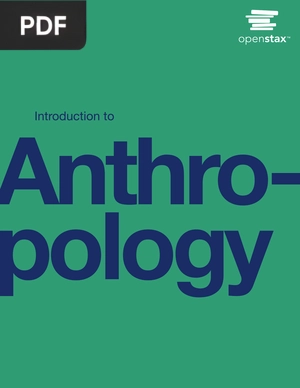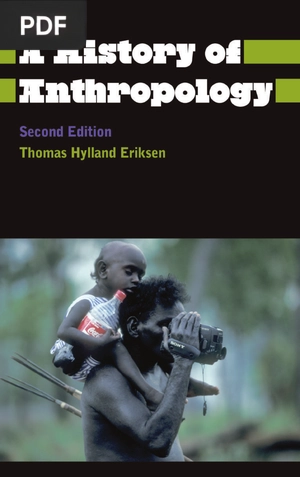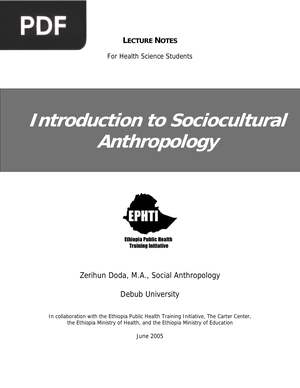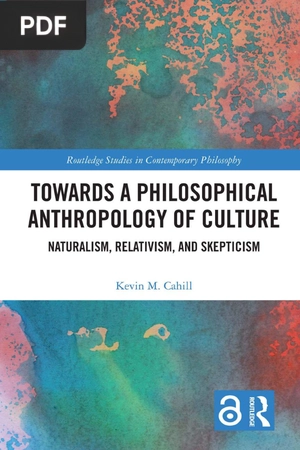The Art of Being Human - A Textbook for Cultural Anthropology
Author: Michael Wesch
*Please wait a few seconds for the document to load; the time may vary depending on your internet connection. If you prefer, you can download the file by clicking the link below.
Loading PDF...
Document Details
Title: The Art of Being Human - A Textbook for Cultural Anthropology
Author: Michael Wesch
Pages: 372
Size: 4.68 MB
Format: PDF




